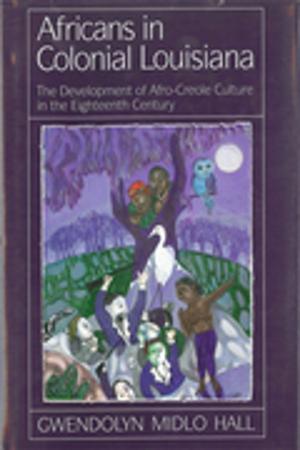Still Canadian?
Identity, Difference, Ethnicity and Race in the Experience of Canadian Migrants to the United States
Nonfiction, Social & Cultural Studies, Social Science, Cultural Studies, African-American Studies| Author: | Bandana Purkayastha, Susan Lucas, Miho Iwata | ISBN: | 9789381043110 |
| Publisher: | Frontpage Publications | Publication: | February 1, 2014 |
| Imprint: | Frontpage Publications | Language: | English |
| Author: | Bandana Purkayastha, Susan Lucas, Miho Iwata |
| ISBN: | 9789381043110 |
| Publisher: | Frontpage Publications |
| Publication: | February 1, 2014 |
| Imprint: | Frontpage Publications |
| Language: | English |
In recent years, most studies on immigrant adaptation and assimilation have examined questions of ethnicity, identity and belonging among groups that are marked as racially different from the white majority in the United States. This book examines the questions of ethnicity, race, identity and belonging by focussing on the experiences of a relatively invisible group: Canadian migrants to the United States. Since Canada and the United States have enjoyed close political ties for centuries, many Americans simply assume Canadians “are just like us”. In contrast, Canadian migrants rarely identify simply as “American”. They choose hyphenated labels like Canadian-American, or describe themselves as Canadian. Using historical data, opinion polls, and interview data, this book examines why Americans think Canadians are no different from themselves, why Canadian migrants see themselves as distinctive, and how they build and sustain their Canadian identities. The authors argue that ethnic identities are more easily sustained in the contemporary globalised world. They find individuals and groups can participate in politics of home country constantly, keep in touch with family and friends in other countries instantly, and they can shop for and consume culturally identified products to sustain their sense of being in touch with their cultures. The experiences of Canadian migrants also highlight the need to recognise hierarchies of whiteness among white migrants in order to fully understand ethnic identities in the contemporary world.
In recent years, most studies on immigrant adaptation and assimilation have examined questions of ethnicity, identity and belonging among groups that are marked as racially different from the white majority in the United States. This book examines the questions of ethnicity, race, identity and belonging by focussing on the experiences of a relatively invisible group: Canadian migrants to the United States. Since Canada and the United States have enjoyed close political ties for centuries, many Americans simply assume Canadians “are just like us”. In contrast, Canadian migrants rarely identify simply as “American”. They choose hyphenated labels like Canadian-American, or describe themselves as Canadian. Using historical data, opinion polls, and interview data, this book examines why Americans think Canadians are no different from themselves, why Canadian migrants see themselves as distinctive, and how they build and sustain their Canadian identities. The authors argue that ethnic identities are more easily sustained in the contemporary globalised world. They find individuals and groups can participate in politics of home country constantly, keep in touch with family and friends in other countries instantly, and they can shop for and consume culturally identified products to sustain their sense of being in touch with their cultures. The experiences of Canadian migrants also highlight the need to recognise hierarchies of whiteness among white migrants in order to fully understand ethnic identities in the contemporary world.















